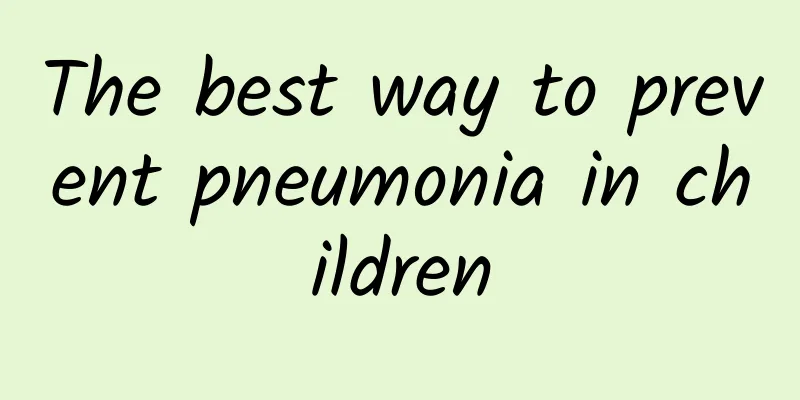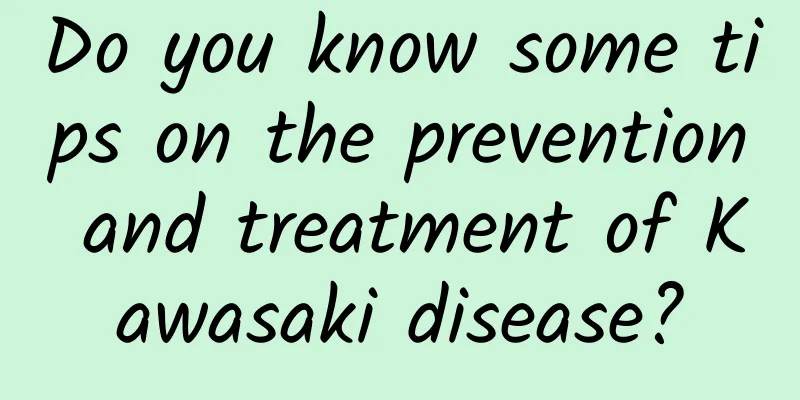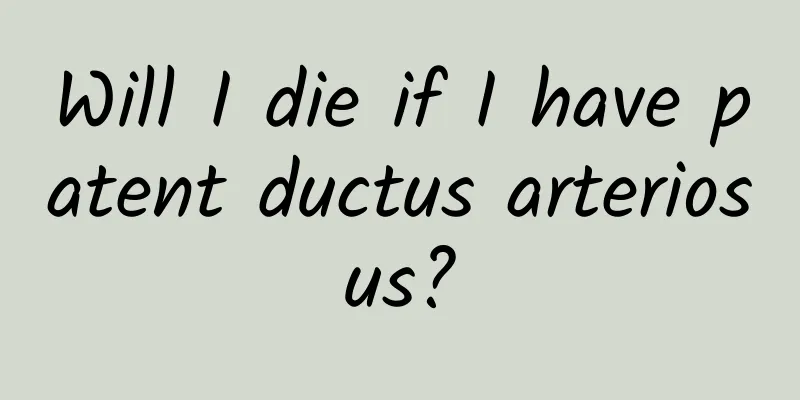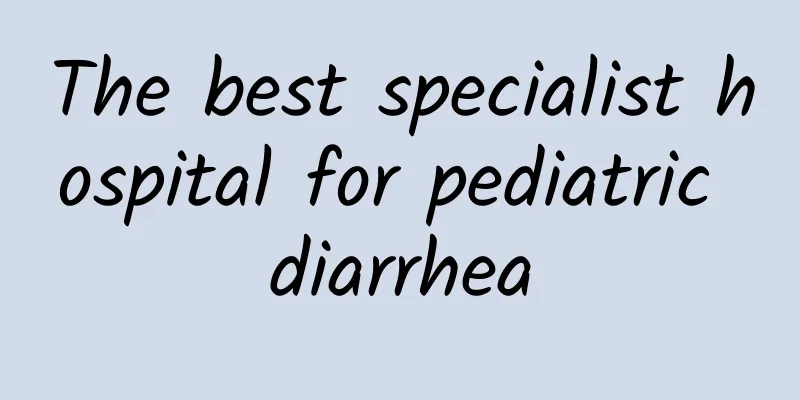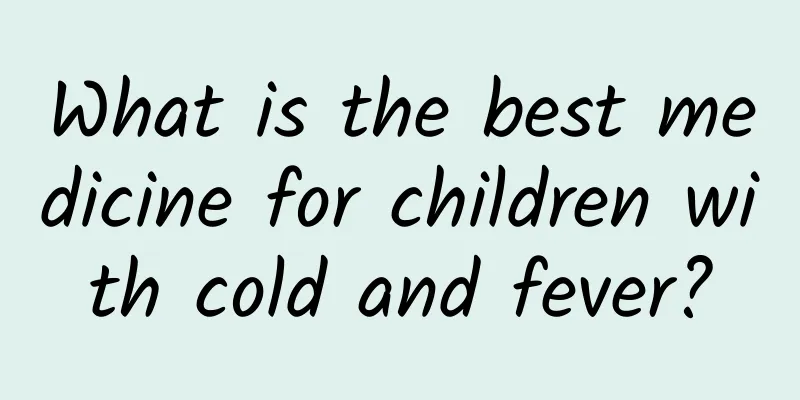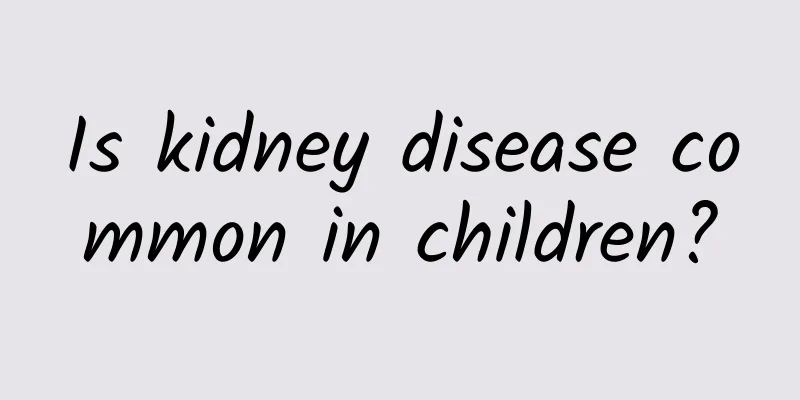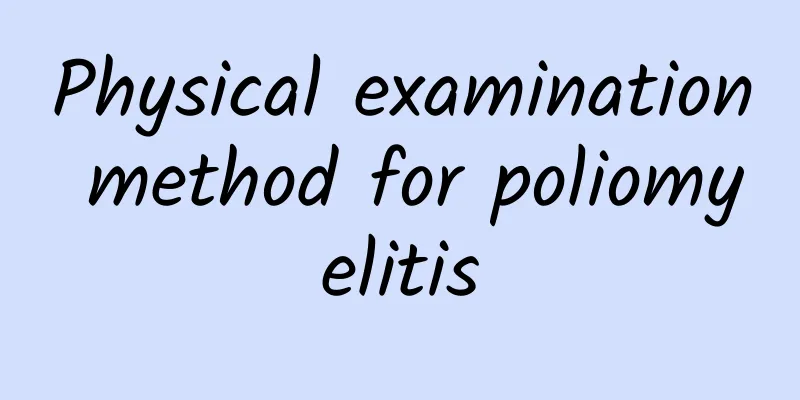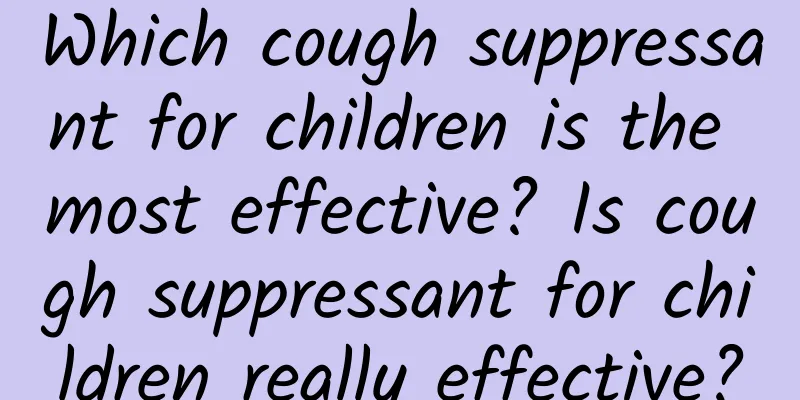Should I get the hand, foot and mouth disease vaccine?
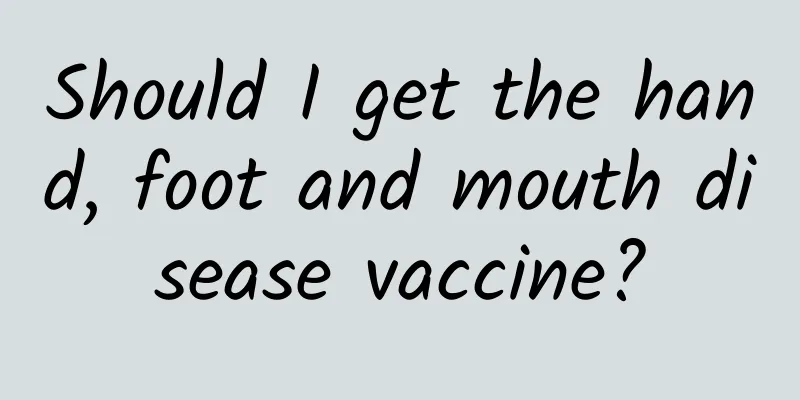
|
Whether to vaccinate against hand, foot and mouth disease depends on the family's economic conditions and the child's health needs. 1. The harm of hand, foot and mouth disease Hand, foot and mouth disease is mainly caused by coxsackievirus and EV71 virus, especially EV71 infection, which may lead to serious complications. Severe hand, foot and mouth disease not only affects the child's brain and lungs, but can also quickly lead to life-threatening situations. For young children, the severity of this disease should not be underestimated. 2. Protective effect of vaccines Vaccination against hand, foot and mouth disease can effectively prevent infection with the EV71 virus. The vaccine reduces the chance and severity of viral infection by stimulating the body to produce antibodies. Especially for children who often participate in group activities, the vaccine provides an extra layer of protection. 3. Consideration of economic factors Although vaccines can prevent serious diseases, they are not provided free of charge in immunization programs in all countries. Families with financial means can consider vaccinating their children as an investment in preventing serious diseases. For families with limited financial resources, it is important to weigh the cost of vaccines against potential medical expenses. 4. Vaccination timing and recommendations It is usually recommended that children be vaccinated when they are 6 months old, because children at this age have immature immune systems and are more vulnerable to viruses. The timing of vaccination is important, and early vaccination can provide better protection. 5. Vaccine safety and side effects The hand, foot and mouth disease vaccine has undergone rigorous clinical trials and is highly safe. Common side effects such as mild fever or pain at the injection site usually subside within a few days. Parents can consult for more information before vaccination. 6. Personal choice and public health Vaccination is not only a protection for children, but also a contribution to public health. By reducing the spread of viruses, vaccines help protect groups that cannot be vaccinated, such as those with weakened immune systems. This collective immunity effect is an important benefit of vaccines. 7. Parents’ decision-making and consultation When deciding whether to vaccinate, parents can consult a pediatrician or public health expert for professional advice. Understanding the child's health status, living environment, and the pros and cons of vaccines will help make wise choices. Vaccinating against hand, foot and mouth disease is a multifaceted decision. By understanding the role, economic factors, safety, and public health impact of the vaccine, parents can better protect their children's health. |
>>: What is severe Kawasaki disease?
Recommend
How to treat mumps
The treatment of mumps is not complicated, but it...
What are the symptoms of malnutrition in a 1-year-old baby?
A 1-year-old baby with malnutrition usually has s...
The efficacy and function of pine pollen Pine pollen can resist aging
Pine pollen is a substance with great effects and...
How much does a routine ADHD checkup cost?
ADHD is a common childhood disease that causes pr...
How to treat polio
Polio is an acute infectious disease caused by th...
Is acute icteric hepatitis serious? You should know the hazards of acute icteric hepatitis
Whether acute icteric hepatitis is serious depend...
Is hand, foot and mouth disease contagious in adults?
Hand, foot and mouth disease is contagious in adu...
What to do if your child has a stuffy nose due to a cold? Keep your head elevated when sleeping
As the weather gets colder, if parents don't ...
What tests should be done for acute laryngitis in children
What tests are done for acute laryngitis in child...
Causes of diarrhea in children
What parents worry about most is that their child...
Why are my hands weak?
Weak hands may be a minor annoyance that many peo...
How to prevent acute laryngitis in children in daily life
How to prevent acute laryngitis in children in li...
Detailed introduction to modern treatment of Kawasaki disease
Many people may not have heard of Kawasaki diseas...
Differentiation of pneumonia in children
How to diagnose neonatal pneumonia? This is a dif...
Chinese medicine for umbilical cord plastering for children with diarrhea
Diarrhea in children can be relieved by applying ...
